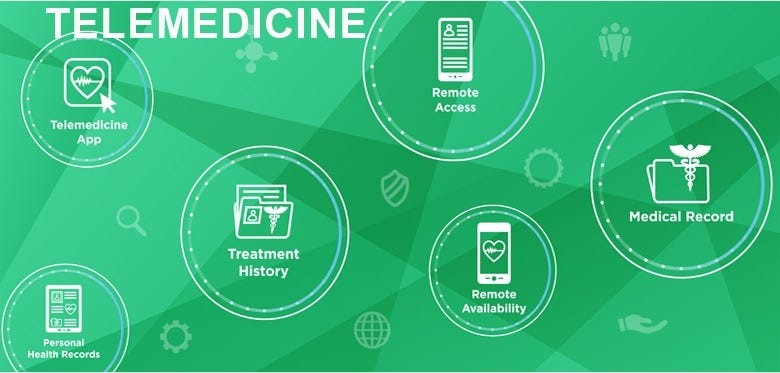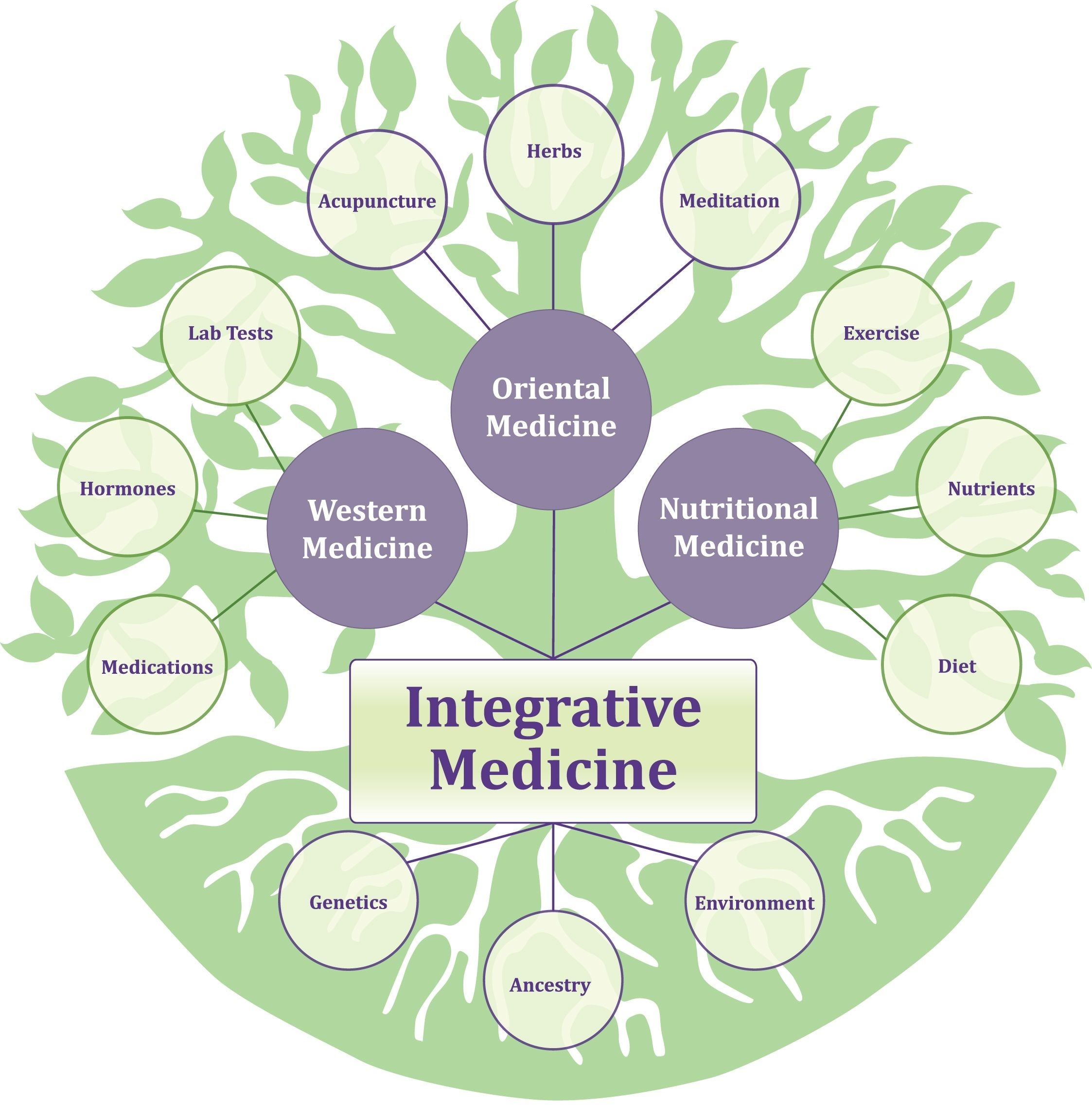Integrative medicine, a holistic approach that combines conventional medical treatments with complementary and alternative therapies, is gaining traction as a promising paradigm for the future of healthcare. As the medical community increasingly recognizes the limitations of traditional practices, integrative medicine offers a comprehensive approach that addresses the physical, emotional, and spiritual dimensions of health. This article explores the potential of integrative medicine to revolutionize patient care, focusing on key trends, challenges, and the role of technology in shaping its future.
The Evolution of Integrative Medicine
Integrative medicine is not a new concept; its roots can be traced back to ancient healing traditions that emphasized a balance between mind, body, and spirit. However, its modern incarnation began to take shape in the late 20th century, as dissatisfaction with conventional medicine’s often fragmented and symptom-focused approach grew. Pioneers like Dr. Andrew Weil and Dr. Deepak Chopra have been instrumental in bringing integrative medicine into the mainstream, advocating for a more patient-centered model of care.
Key Trends Shaping the Future
1. Personalized Medicine
One of the most significant trends in integrative medicine is the move towards personalized medicine. Advances in genomics, biotechnology, and data analytics are enabling healthcare providers to tailor treatments to individual patients’ genetic profiles, lifestyles, and environmental factors. This personalized approach enhances the efficacy of both conventional and complementary therapies, reducing the risk of adverse effects and improving patient outcomes.
2. Holistic Health Approaches
Integrative medicine emphasizes the importance of addressing all aspects of a patient’s well-being. This includes mental health, nutrition, physical activity, and social connections. Practices such as mindfulness meditation, yoga, and acupuncture are increasingly being incorporated into treatment plans to promote holistic health. These therapies not only alleviate symptoms but also empower patients to take an active role in their healing process.
3. Collaborative Care Models
The future of integrative medicine lies in collaborative care models that bring together multidisciplinary teams of healthcare providers. Physicians, naturopaths, nutritionists, psychologists, and other specialists work in concert to develop comprehensive treatment plans. This collaborative approach ensures that all aspects of a patient’s health are addressed, leading to more effective and sustainable outcomes.

Challenges and Opportunities
1. Evidence-Based Practice
One of the primary challenges facing integrative medicine is the need for rigorous scientific validation of complementary therapies. While many alternative treatments have anecdotal support, there is a pressing need for high-quality research to establish their efficacy and safety. Integrative medicine practitioners must advocate for and participate in clinical trials to build a robust evidence base that can withstand scrutiny from the broader medical community.
2. Regulatory and Insurance Hurdles
Regulatory and insurance frameworks often lag behind the evolving landscape of integrative medicine. Many complementary therapies are not covered by insurance, making them inaccessible to a significant portion of the population. Policymakers and healthcare organizations must work together to update regulations and expand coverage to include a wider range of integrative treatments.
3. Education and Training
For integrative medicine to reach its full potential, there must be a concerted effort to educate and train healthcare providers in both conventional and complementary therapies. Medical schools and continuing education programs need to incorporate integrative medicine into their curricula, ensuring that future generations of healthcare professionals are equipped with the knowledge and skills to deliver comprehensive care.
The Role of Technology
1. Telemedicine
Telemedicine is poised to play a crucial role in the future of integrative medicine. Virtual consultations enable patients to access a broader range of healthcare providers, including specialists in complementary therapies, without geographical constraints. Telemedicine also facilitates ongoing monitoring and support, allowing for more personalized and responsive care.
2. Health Apps and Wearables
The proliferation of health apps and wearable devices is empowering patients to take control of their health. These technologies provide real-time data on various health metrics, enabling individuals to track their progress and make informed decisions about their care. Integrative medicine practitioners can leverage this data to tailor treatments and provide more precise recommendations.
3. Artificial Intelligence and Big Data
Artificial intelligence (AI) and big data analytics are transforming the landscape of integrative medicine. AI algorithms can analyze vast amounts of data to identify patterns and predict outcomes, enabling more accurate diagnoses and personalized treatment plans. Big data analytics also facilitate large-scale research studies, helping to build the evidence base for complementary therapies.
Conclusion
The future of integrative medicine holds immense promise for revolutionizing healthcare. By combining the best of conventional and complementary approaches, it offers a more holistic, personalized, and patient-centered model of care. However, realizing this potential will require overcoming significant challenges, including the need for rigorous scientific validation, regulatory reform, and comprehensive education and training for healthcare providers. As technology continues to advance, it will play a pivotal role in shaping the future of integrative medicine, making it more accessible and effective for patients worldwide.
In this evolving landscape, the integration of personalized medicine, holistic health approaches, and collaborative care models will be key to achieving optimal health outcomes. By embracing these trends and addressing the associated challenges, integrative medicine can pave the way for a more inclusive, effective, and compassionate healthcare system.




